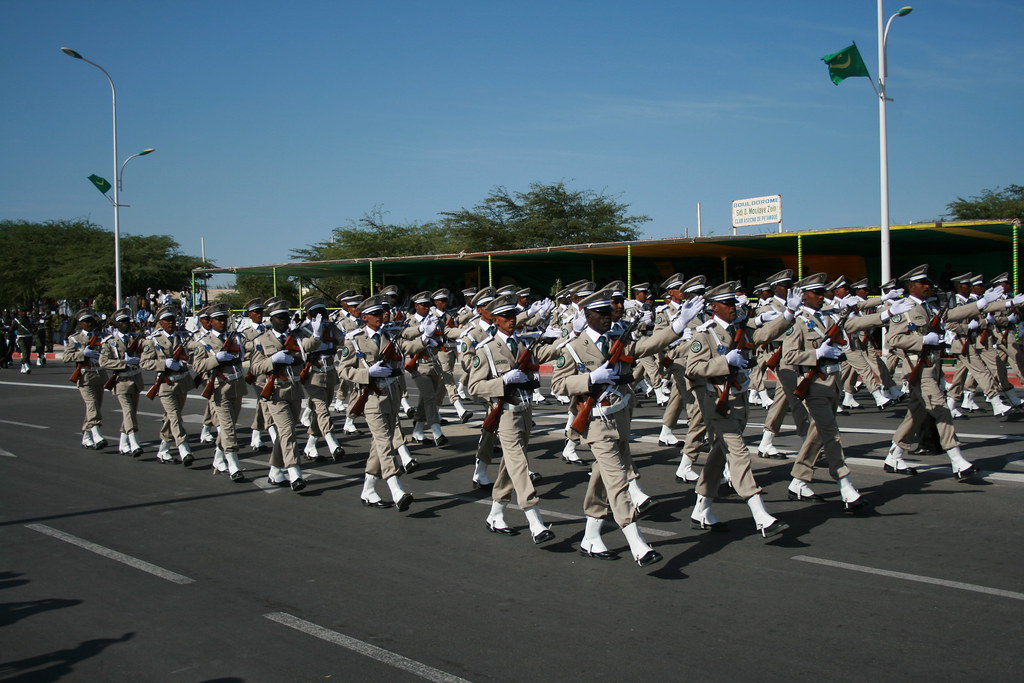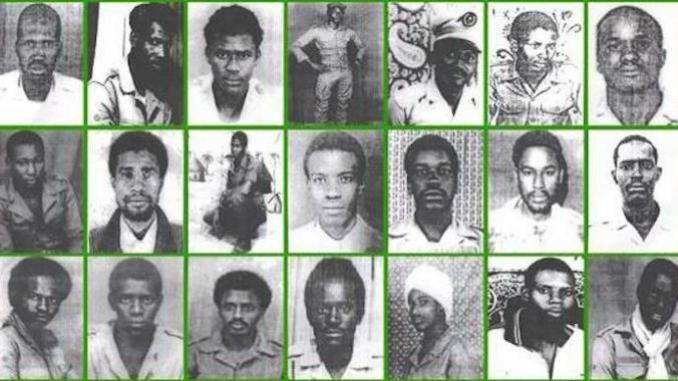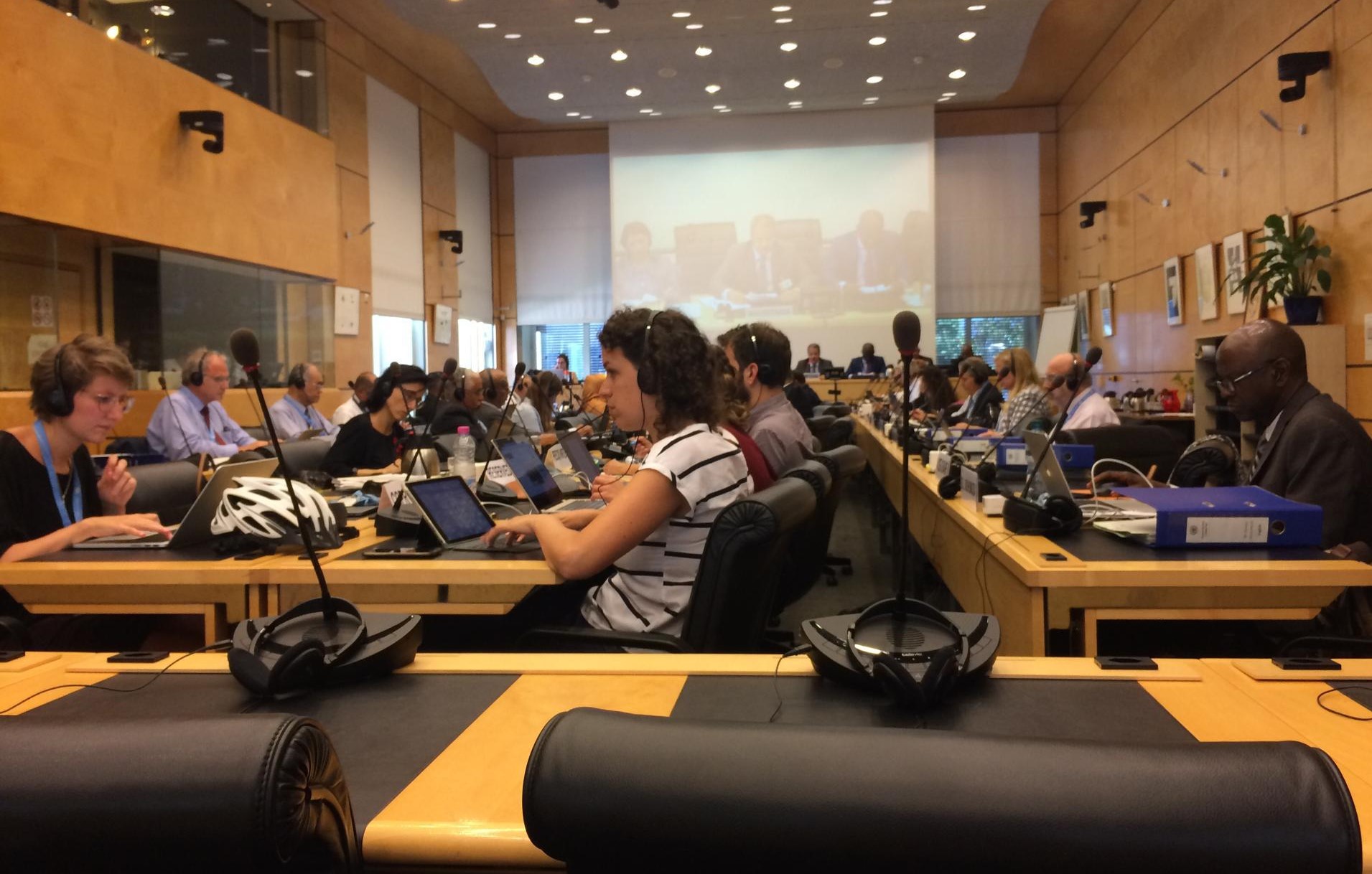Analysis / Mauritania

Mauritania’s roadmap for human rights in light of the 3rd cycle of the Universal Periodic Review
Following the third cycle of the Universal Periodic Review, Mauritania informed the Human Rights Council of its decision to accept 201 out of the 266 recommendations it had received. While the authorities accepted recommendations on the fight against human trafficking, torture and racial discrimination, it did not accept those pertaining to the abolition of the death penalty. On issues related to the protection of freedom of expression, religion and association, the government provided mixed responses.

Mauritania’s human rights record examined by UN Member States
During its Universal Periodic Review (UPR) on January 19, 2021, Mauritania received over 250 recommendations from nearly 100 United Nations Member States on issues including the right to life, gender-based violence and the prohibition of slavery. Mauritania also received recommendations on how to safeguard the peaceful exercise of fundamental rights, including freedoms of expression, association and assembly. The persistence of discriminatory practices as well as the lack of a long-term resolution of the “Passif humanitaire” were also addressed during the review.

Mauritania: Survivors of the “Passif humanitaire” demand truth and justice 29 years after the Inal massacre
On November 28, 2019, Mauritania celebrated the anniversary of its independence from France. This date corresponds with another, less joyful, anniversary, that of the summary execution of 28 Afro-Mauritanian soldiers on November 28, 1990. Taking place at the Inal military base, this event is symptomatic of the gross human rights violations committed during the so-called "Passif humanitaire" period between 1989 and 1991.

Human rights situation in Mauritania examined by UN committee
During its review of Mauritania, the UN Human Rights Committee raised issues including impunity for crimes committed in the 1980s and 1990s, the shortcomings of the state’s anti-torture legislation and violations to fundamental rights and freedoms.
